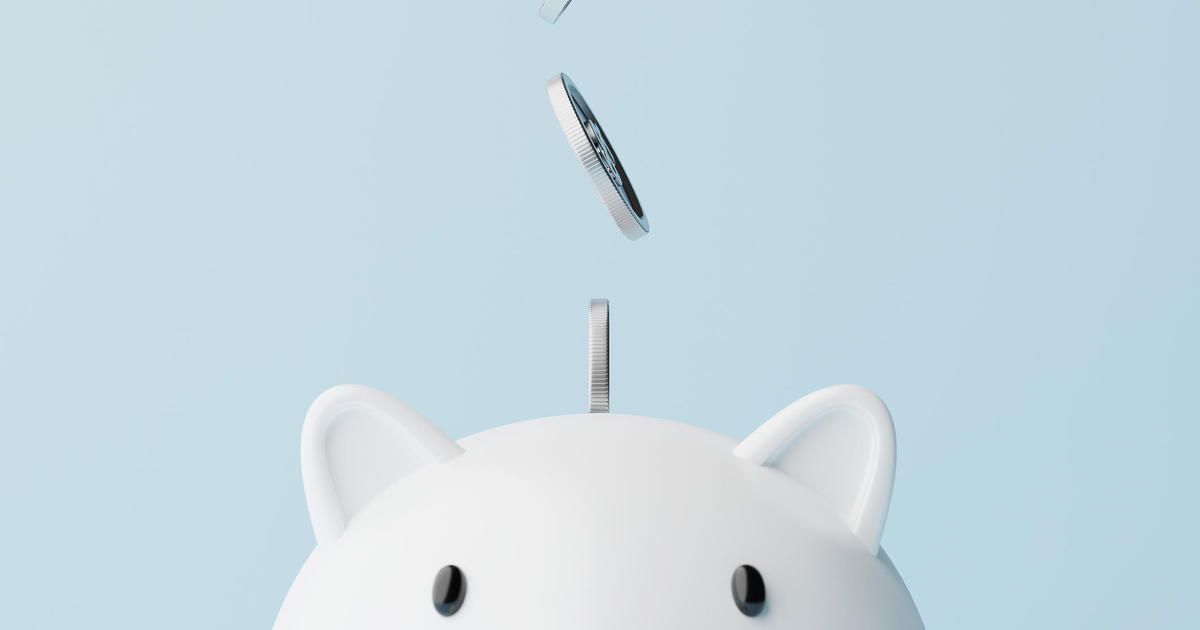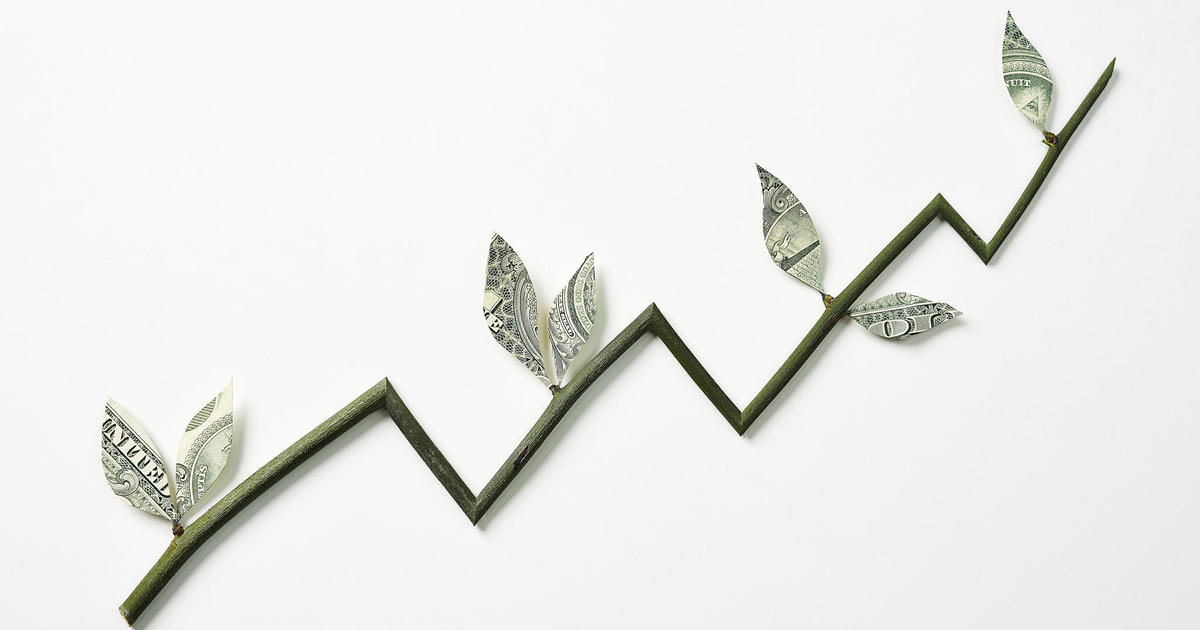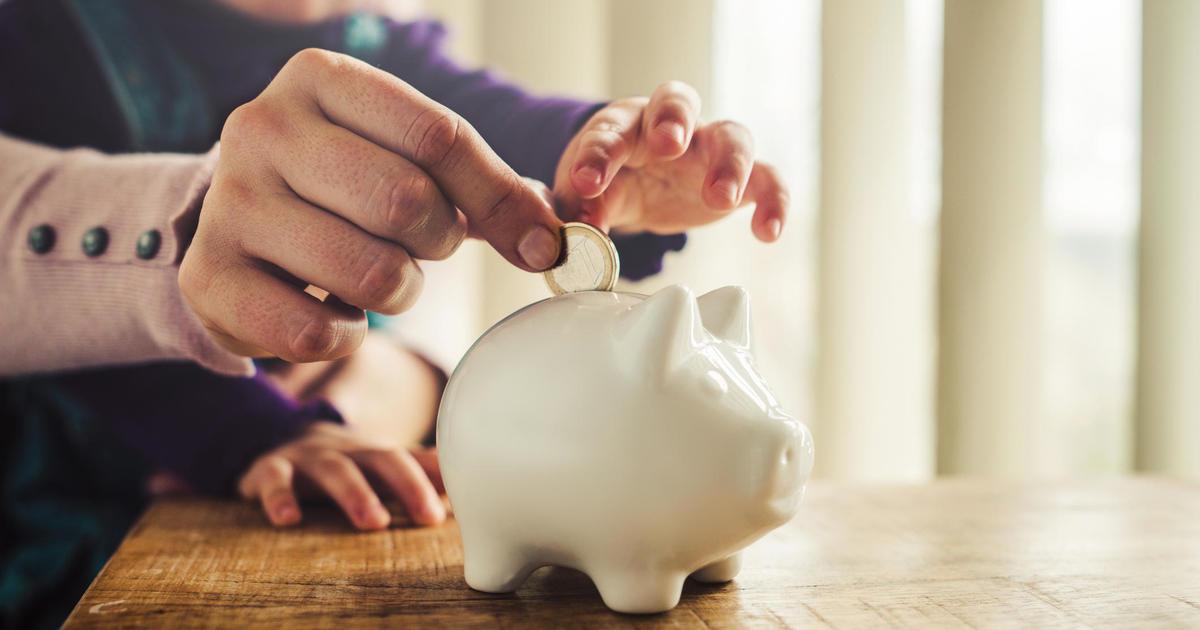How to put your tax refund to good use
Now that tax day (plus one) has come and gone, millions of Americans are looking forward to refunds. After all, nearly 80 percent of individual filers get a check from the IRS. According to the agency's most recent data, it has processed more than 101 million returns and issued more than 79 million refunds totaling $226.6 billion so far. The average refund is $2,864.
Most people like getting that financial boost, and when considering the opposite, who would disagree?
But when you get to the heart of the matter, a refund is the result of overpaying income taxes during the year. Worse, you must file a tax return to ask the IRS to return your overpayment. When else do Americans gladly overpay for something and wait till the next year to get a refund?
Getting a big refund -- more than a thousand dollars -- while carrying expensive debt can be a financial mistake. It's better to reduce your tax withholding, which increases your take-home pay, and use the larger cash flow to pay off your debt. Of course, your tax refund the following year will be smaller, but your debt will be smaller, too.
The risk is that you may not withhold enough tax -- and then find that you owe tax when it's time to file your return. Nobody wants that. Which is why we overpay our taxes and are happy to get a refund.
The next question is: What to do with your tax refund?
Some people will need it to pay for essentials, like rent, food and car expenses. Others will pay down debt or boost savings.
The IRS says nearly 90 percent of refunds are directly deposited into a bank account. But that can be a temptation to spend.
So if you really want to do something productive with your refund, the first step is to move it out of your bank and put it into another account that's harder to reach. If you don't already have one, consider opening brokerage account, mutual fund or retirement account.
Here are a few other ideas for making good use of a tax refund:
Contribute to a health savings account. If you have a health insurance plan with a high deductible, you can open an HSA. These accounts allow pretax contributions, which grow tax deferred. And withdrawals used to pay qualifying medical expenses are tax-free. The 2018 HSA contribution limit is $3,450 for individuals and $6.900 for families (those 55 and older can contribute an additional $1,000).
Pay down high interest rate debt. If you carry a balance on a credit card account, listen up. Interest rates are on the rise, and that means that your credit card debt will cost you more. The average rate on newly issued cards in 2018 has risen to 15.59 percent. When you pay down this debt, you'll also save money on interest and fees.
Increase contributions to your employer's 401(k) plan. Using your refund to save for retirement is a great move, especially when you get paid to do it. That's because many employers match their employees' contributions, for instance, 50 percent of the first 6 percent you contribute. That would put 9 percent of your pay into your 401(k).
Save for your child's education. If you're planning to set aside savings for future education costs, consider opening a state-sponsored college savings plan. In one of these 529 savings plans, the money saved can be used tax-free to pay for future college tuition. Many states also offer a deduction on your state income tax return if you contribute to your own state's plan.
Make extra mortgage payments. Finally, think about adding extra principal to your monthly mortgage payments. By making the equivalent of just one additional monthly payment on a 30-year mortgage each year, you can pay off that loan in about 18 years instead -- and save thousands of dollars in interest over that time.




